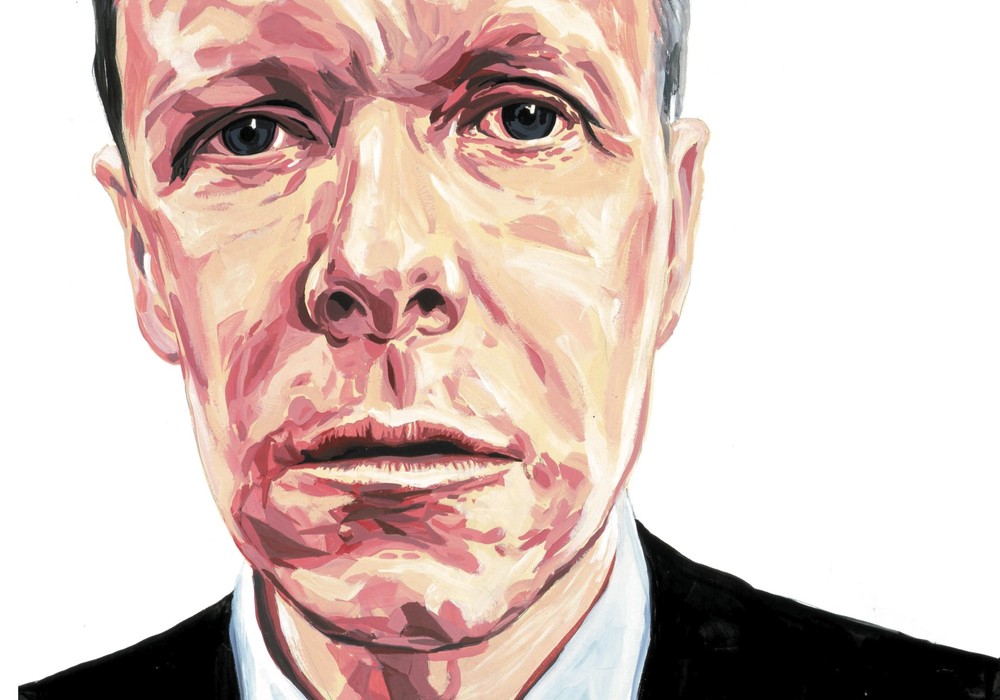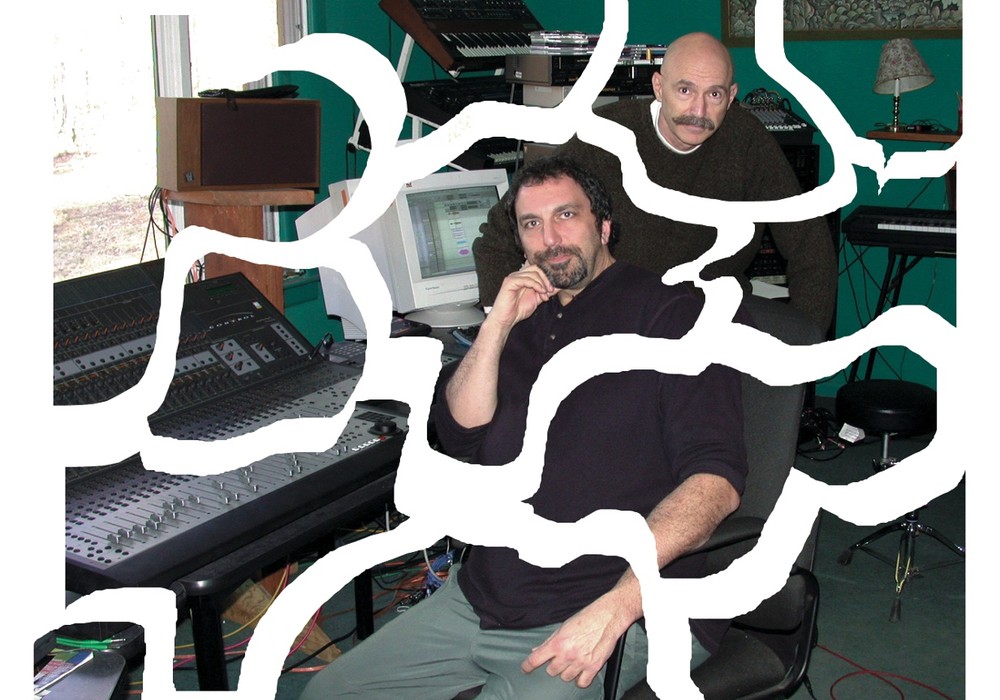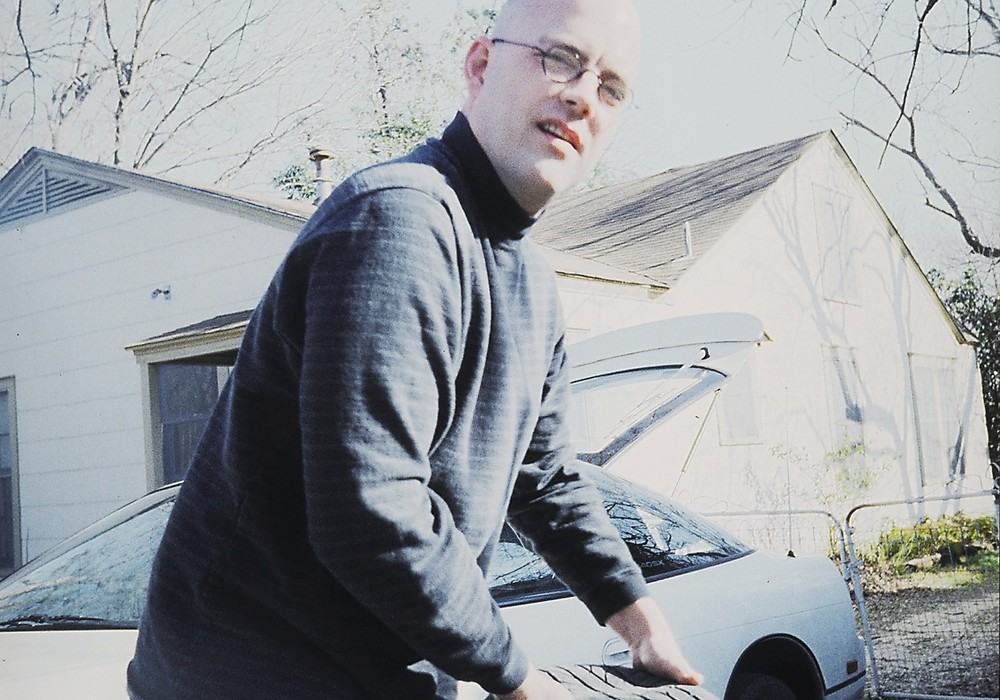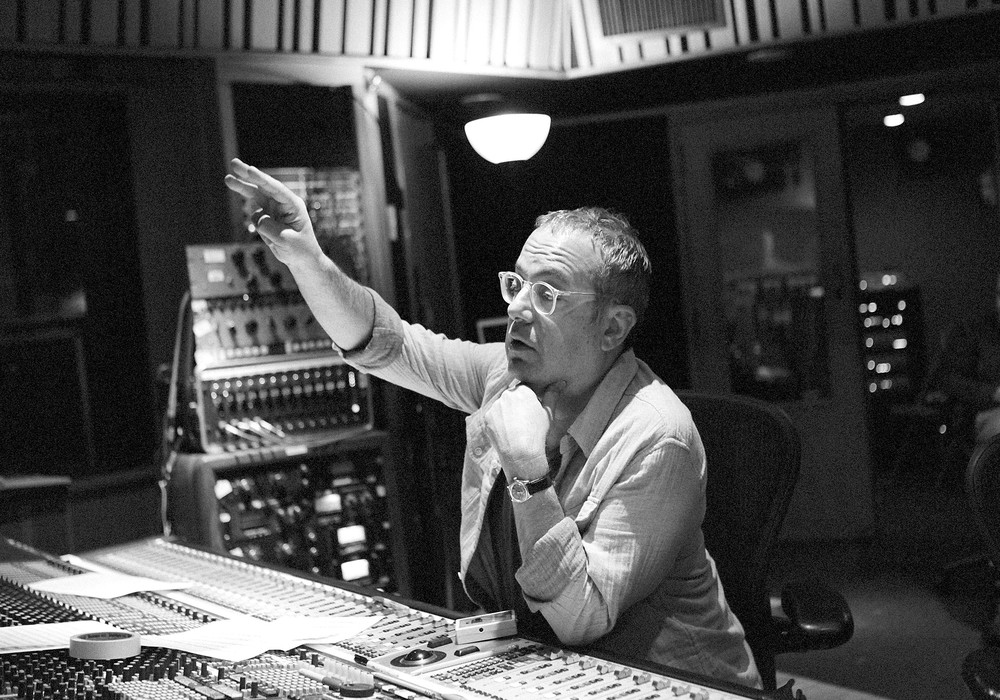Steve Albini has become a somewhat legendary figure in the recording world these days. Our pal, John, gave us these leftovers from an interview he did with Steve recently, and it provides a basic look into what Albini is up to and all, but it's only a teaser for a future interview with Mr. Albini (if he'll let us) where I'd like to get heavy into the technical end of recording with him. For now, enjoy this intro into the mind of an engineer who will not be labeled a "producer". -LC
Going back in history a little bit, I remember reading that in your college days you would incite people to try and attack you by insulting them from behind a Plexiglas barrier.
That was one specific art project that I did. It was a piece of process sculpture. The remains of that Plexiglas screen and all the objects that were thrown at me were meant to be displayed, were meant to be shown as the result of the process, the process being taunting.
In terms of the music you create, from Big Black to the present with Shellac, would you say that confrontation and provoking people to react by raising their ire or frustrating them is a concept you've maintained.
No, not at all. I actually feel quite the opposite, that what the bands that I've been in have been about has been specific and within the band, and the outside world only enters into it really as sort of the proving grounds of the experiment. The reactions of other people are not the product of what we do. Other people's reactions are in a lot of ways immaterial. It's always satisfying if you feel like you're communicating with somebody and they're participating in what you're doing, almost on equal footing, with what the people in the band are doing. But that sort of camaraderie doesn't happen every time, and when it does happen it's an unusual, surprising and exciting event. So most of the time what we are doing is for ourselves.
With the new album, Terraform, one gets the idea of a barren landscape that is reborn, or repopulated or re-foliated to resemble Earth, or the familiar. Yet at the same time it's distinctly alien. In the same way there are elements of familiar or mainstream rock that occur on the album and yet are mutated to an extent to create new sound. Is that more or less the idea or am I just shooting blanks?
Well, we chose the name for the album on purpose. Being in a band is a construction process. You're putting together your aesthetic, you're putting together the songs, you're putting together the relationships of the people within the band and the relationship that you're going to have with the people you're playing in front of. And if you direct those decisions after a specific effect, and say, well, we wanted to end up like this, you're going to be disappointed. So all you can really do is start processes underway, like start a methodology underway and wait and see what happens. And that's sort of the modus operandi of the band on all fronts. We've got an idea of how we want to conduct ourselves and we've got an idea of what things we want to try, but the end result of that is what actual habitat we end up in, and what actual songs and sounds. What net effect do we have on the people that are in the band and the people that we play with? All of that's unknown.
I was intrigued, because when I brought the album home one of my roommates said, "Oh, the artwork reminds me of Shusei Nagaoka," who did a lot of those Electric Light Orchestra and Earth, Wind & Fire albums during the 70's, and so he was wondering if it was kind of a deliberate throwback thing or...
The choice of Chesley Bonestell is actually very specific. When I was a kid, there was a children's book called From The Earth To The Moon, which was illustrated Chesley Bonestell. It was actually illustrated using a number of paintings he had done for Collier's magazine in the 40's and 50's about what space travel would be like. The illustrations were done during a period when there hadn't even been any exploration of the upper atmosphere. It was an entirely theoretical proposition, space travel. And the thing that amazed me over time was how many insights Chesley Bonestell had just from a purely academic knowledge and from an Earth-based knowledge of what the other planets were like and what space travel would be like. It was amazing how often he was right about how...











